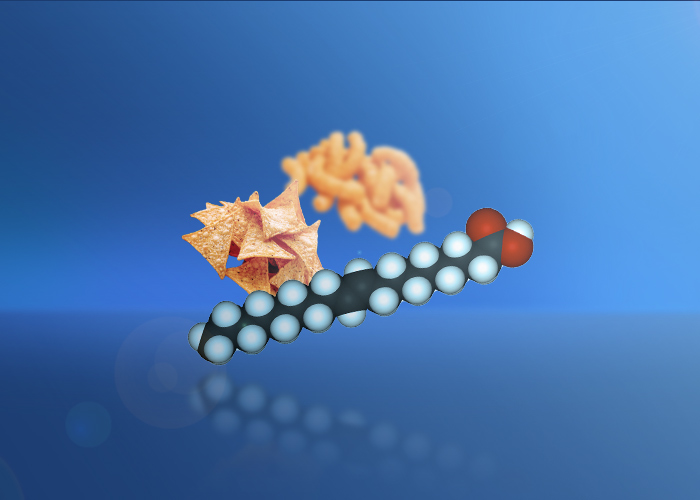Marjaan Khatam Co. services to determine the transgenicity of food and agricultural products
Genetically modified organisms (GMO), having been obtained by the advancement of genetic science, are the product of changing, adding or removing one or more genes.
Genetic Modified Organisms (GMO) in a wide range of plants including soybeans, rapeseed, corn, rice, tomatoes, potatoes, cotton, pumpkin, wheat and apples has applications in foodstuff products containing them such as in producing canned goods, chips and puffs, sausages, lunch meats (also called as 'sliced meats), hamburgers, etc.
Today, these products are first evaluated in terms of biological safety and various effects on human health, and after obtaining global approvals, they are allowed for cultivation and public consumption.
The World Health Organization has also established principles and regulations for these products that must be followed by organizations related to food safety in the world countries.
For example, labeling of transgenic products for consumer information and supervision and monitoring of these products is always performed.
After confirming the transgenicity of the product, it is possible to identify the transgenic event or the so-called gene(s) entered into the product.
This step includes determining the genes that have been approved by the World Health Organization (WTO) and Biological Safety Organizations.
Using this method, it is possible to determine the type of specific gene transferred to the transgenic product by analyzing the nucleic acids extracted from the sample.
Polymerase Chain Reaction (PCR) test is one of the most prevalent methods to detect GMOs.
This test extracts DNA from a target sample (such as a plant, animal, or food product) and then replicates it for defining the presence of GMO-specific DNA sequences.
Polymerase chain reaction (PCR) test procedures for GMO
DNA extraction: DNA is extracted from the desired sample.
Primer design: Primers targeting GMO-specific DNA sequences are designed.
Preparation of PCR mixture: PCR mixture including extracted DNA, primers, DNA Taq polymerase enzyme and nucleotides (building blocks of DNA) is prepared.
Conducting the PCR reaction: The PCR mixture is placed in the PCR machine and subjected to multiple heating and cooling cycles. These cycles cause the replication of GMO-specific DNA sequences.
Analysis of results: PCR products are analyzed using gel electrophoresis. If GMO-specific DNA sequences are present in the sample, specific bands will be observed in the gel.










comment